What to Expect at Your Puppy’s First Vet Visit

Finally, the moment you've been looking forward to has arrived. Your new puppy is prepared to follow you home. You've bought the best crate, food, and other essentials selected a training location, and are now prepared to embark on an incredible journey with your new best buddy.
The initial visit to the vet is an important milestone whether your pup comes from a breeder or was rescued from a nearby shelter.
An initial exam is even more crucial if you adopt your dog from a rescue or shelter, where animals may have come from unknown histories and may have been exposed to contagious diseases. It's a wise decision to have the puppy examined by a reputable vet before you bring them home.
So, what happens during the First Vet Visit?

- Your pup will be weighed.
- The heart and lungs will be checked for a pulse and respiratory rate with a stethoscope.
- Taking their temperature (animals’ temperatures are taken rectally)
- Their genitalia, feet, nose, ears, and eyes are examined properly.
- Their skin and coat will be checked thoroughly to look for any issues.
- The mouth and teeth will be checked to look for any dental problems.
- Feces will be examined for the presence of worms (it’s recommended that you bring a sample, also, most pups have roundworms)
- The puppy's background and history should be discussed, along with any concerns you may have regarding its care in the future, including microchipping, spaying, and neutering.
- The vet will observe the pup move around the examination area.
- The vet will palpate the lymph nodes, joints, and organs of the belly with their hands.
- They will analyze the pup’s reflexes.
- It will be made sure that you know how and when to administer any drugs or treatments you are taking home.
- A timetable will be set up for further appointments and immunizations. You will be advised to strictly adhere to the instructions provided.
Here are some of the things you can discuss with the veterinarian:

- Physical activity and play requirements
- Social conditioning and behavior
- Dental care
- Reproductive health, including the advantages and disadvantages of spaying and neutering
- What grooming needs to be done and when
- Travel necessities
- Preparedness for disasters and pet safety
- Nutrition, including regular meals and any additional supplements.
- Controlling fleas, ticks, heartworms, and internal parasites
- Possible diseases that can affect them (and you)
The majority of what happens during a puppy's first visit to the vet is fairly routine and inexpensive. Pet insurance, vaccination clinics, and veterinary wellness programs can all help you cut costs or spread them out over time.
While the cost of a puppy's visit to the veterinarian may seem high, it is money well spent in eliminating later, possibly costly, and serious health issues. After all, a dog must be healthy in order to be happy.





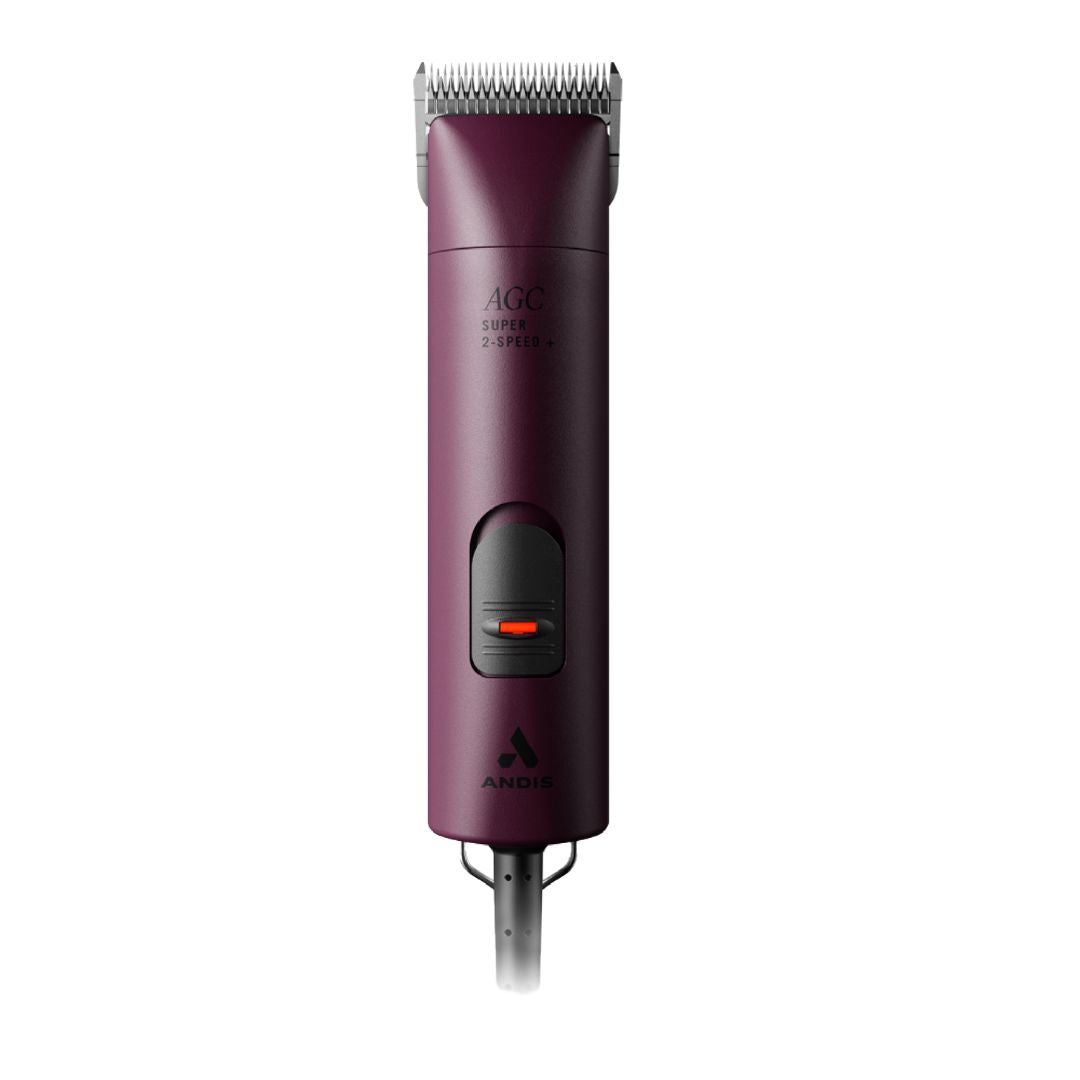
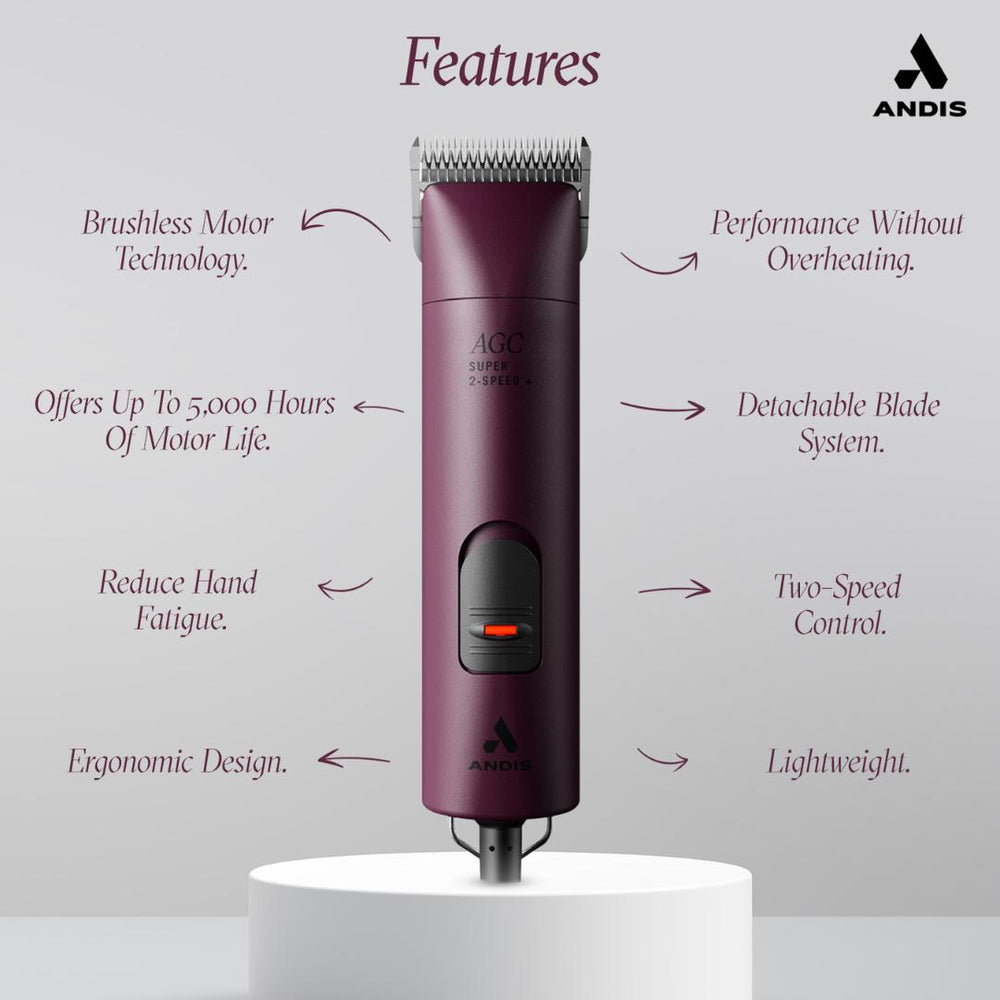
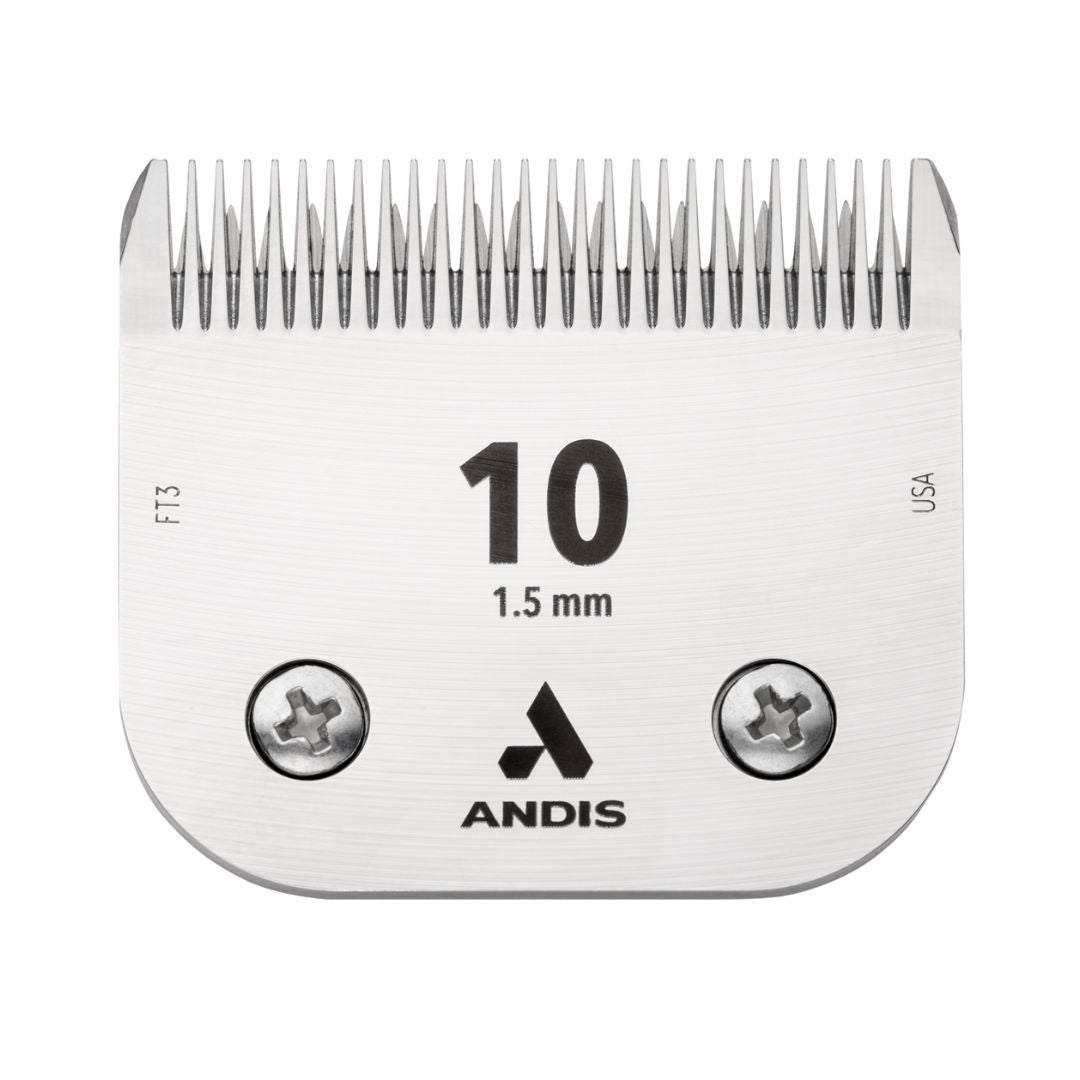

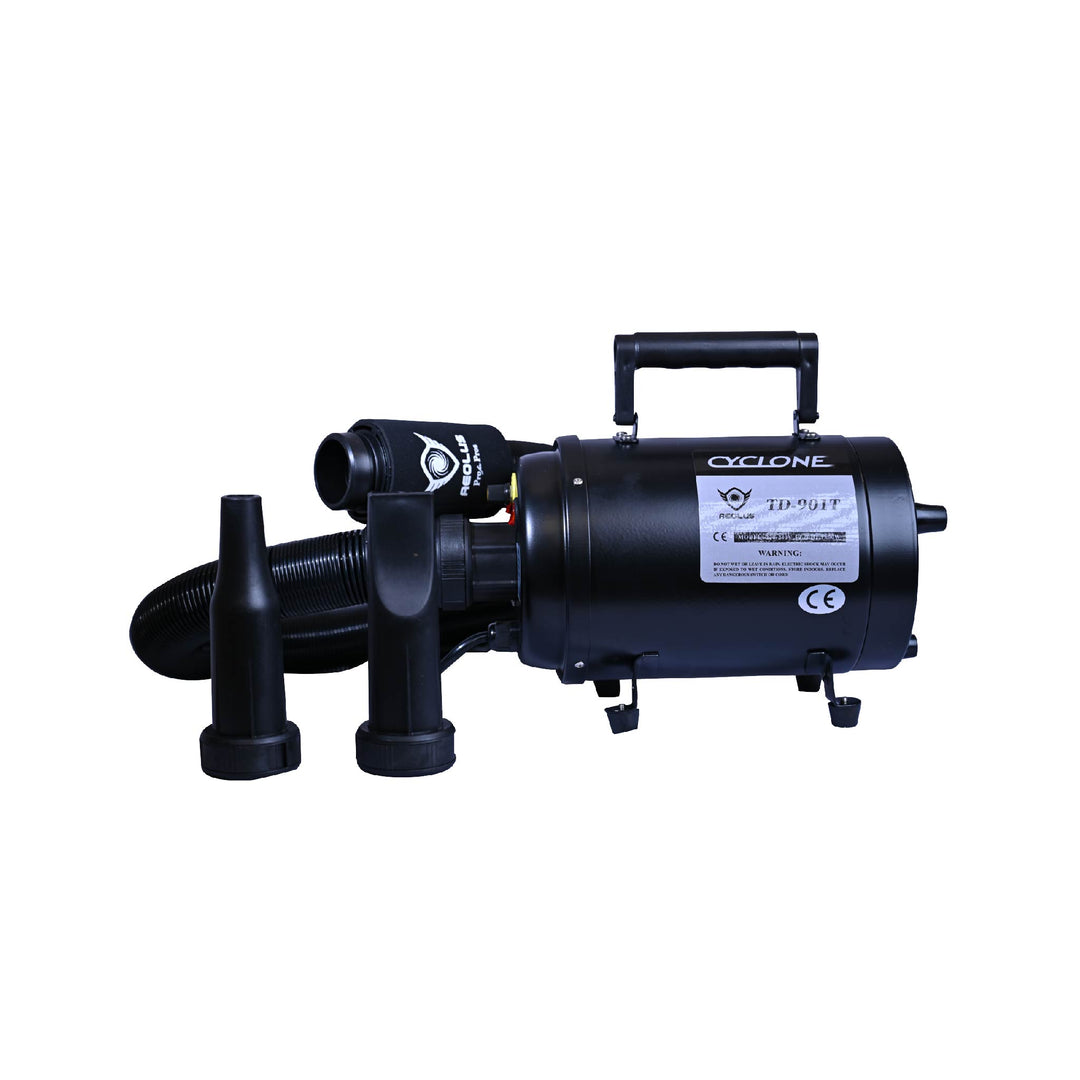

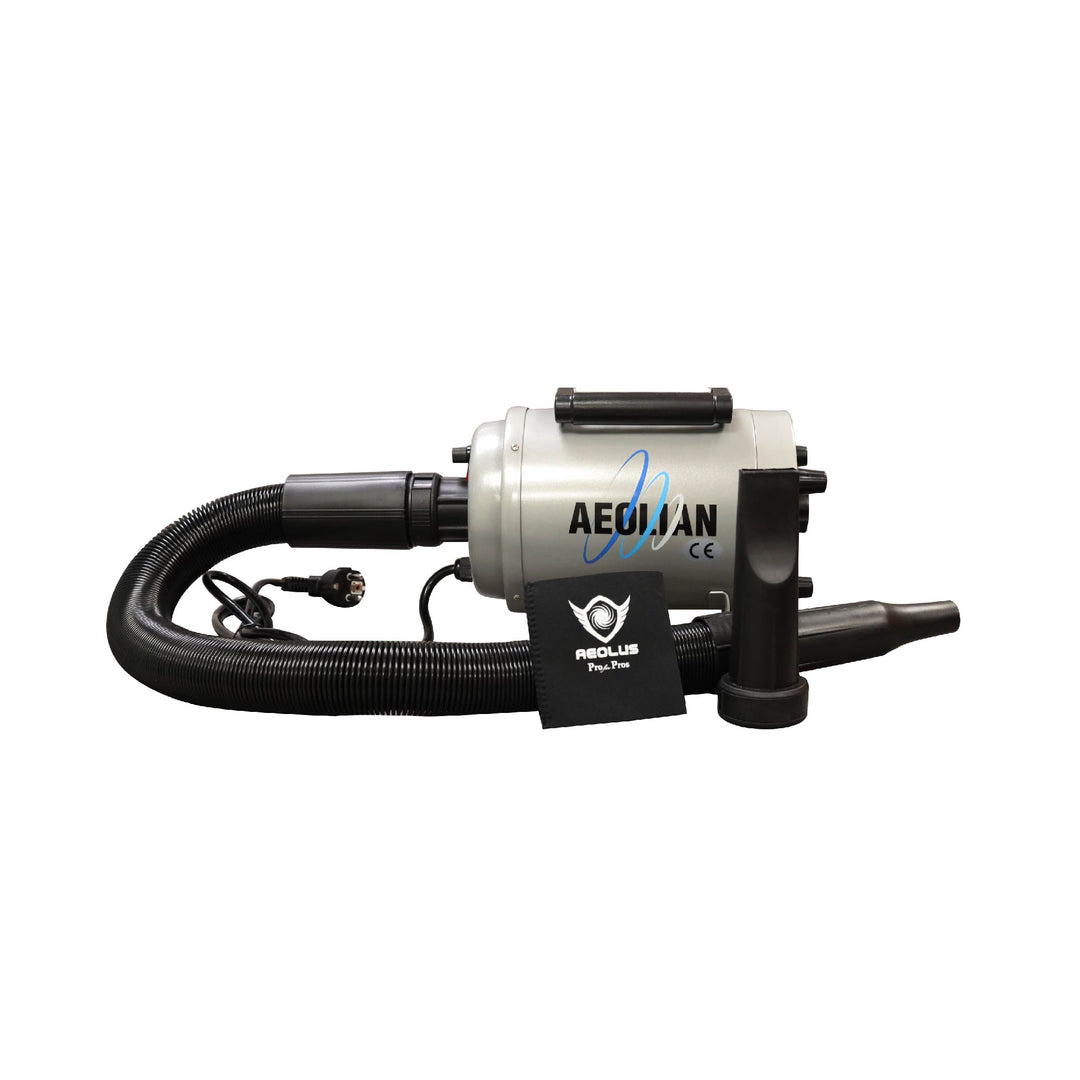
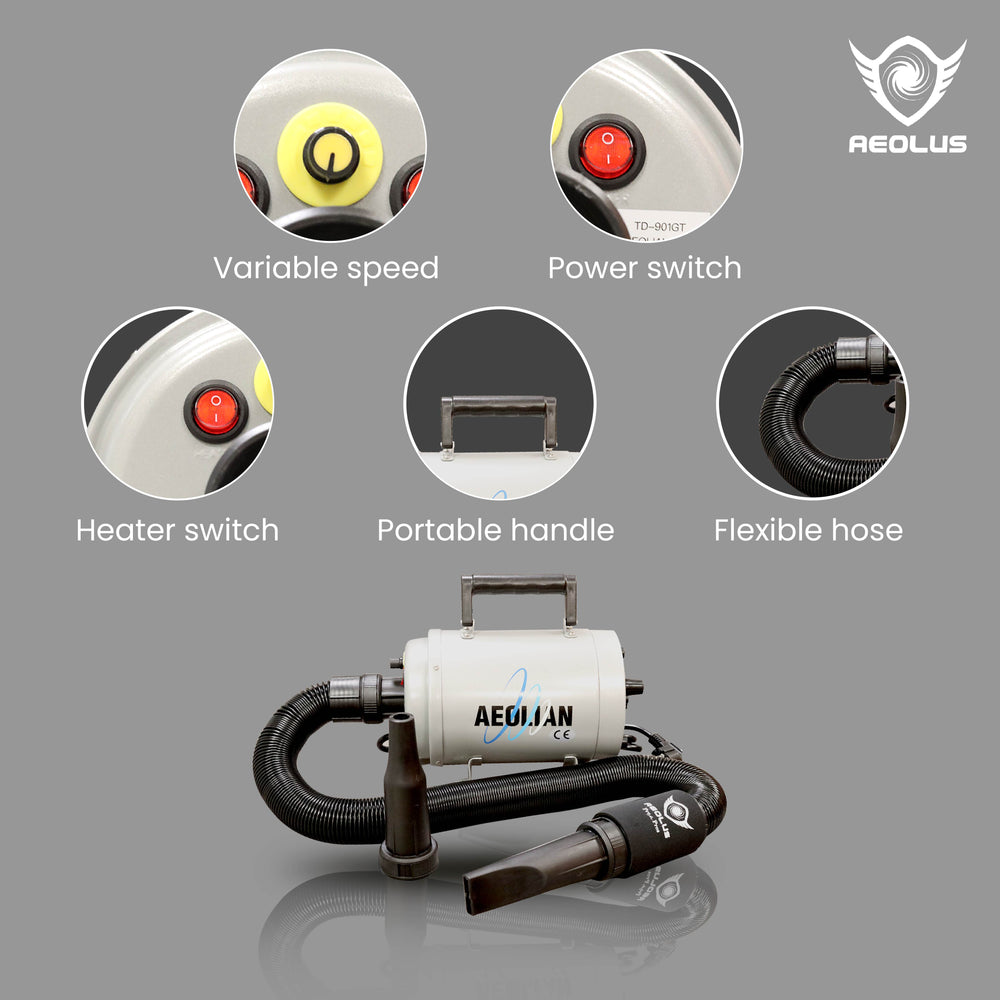
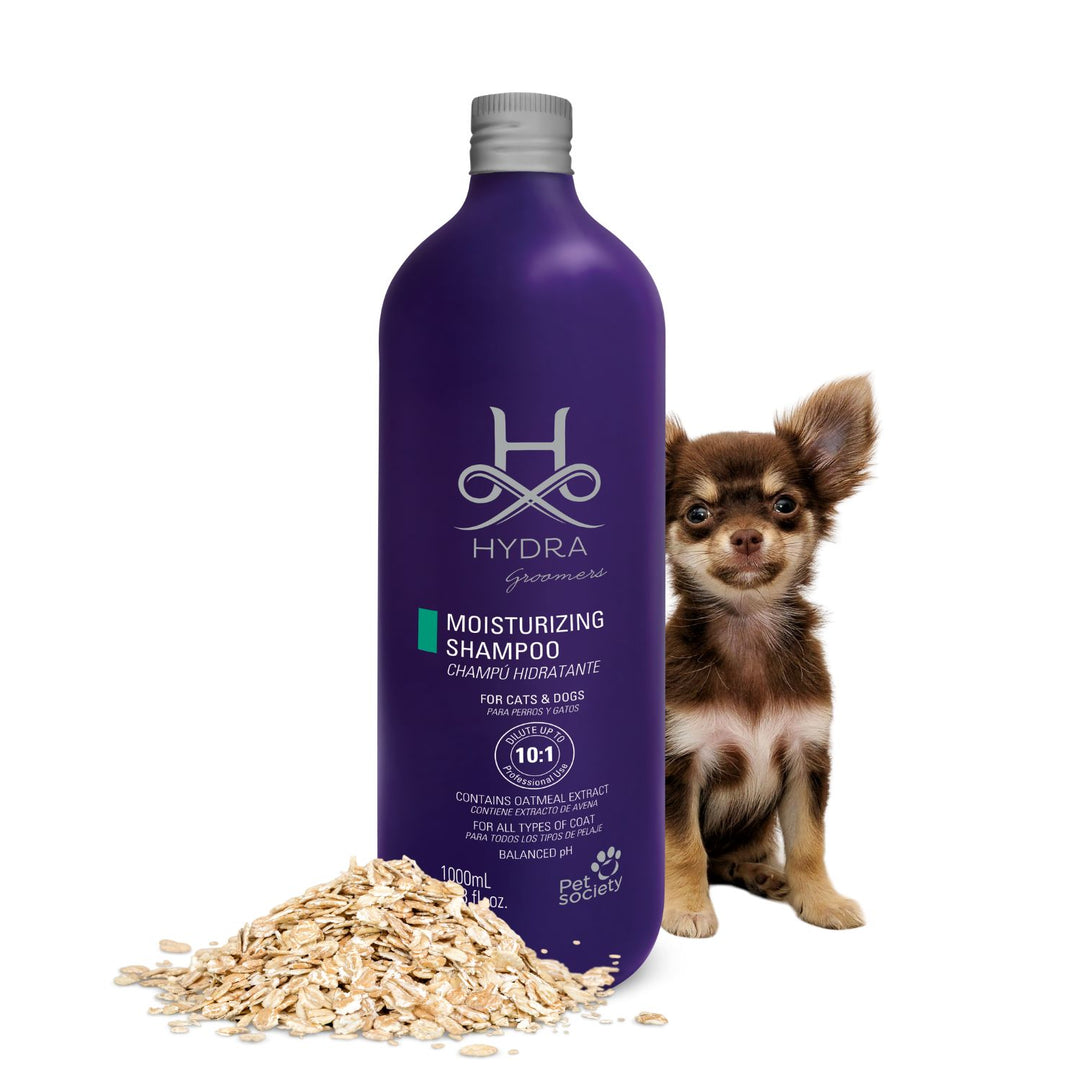
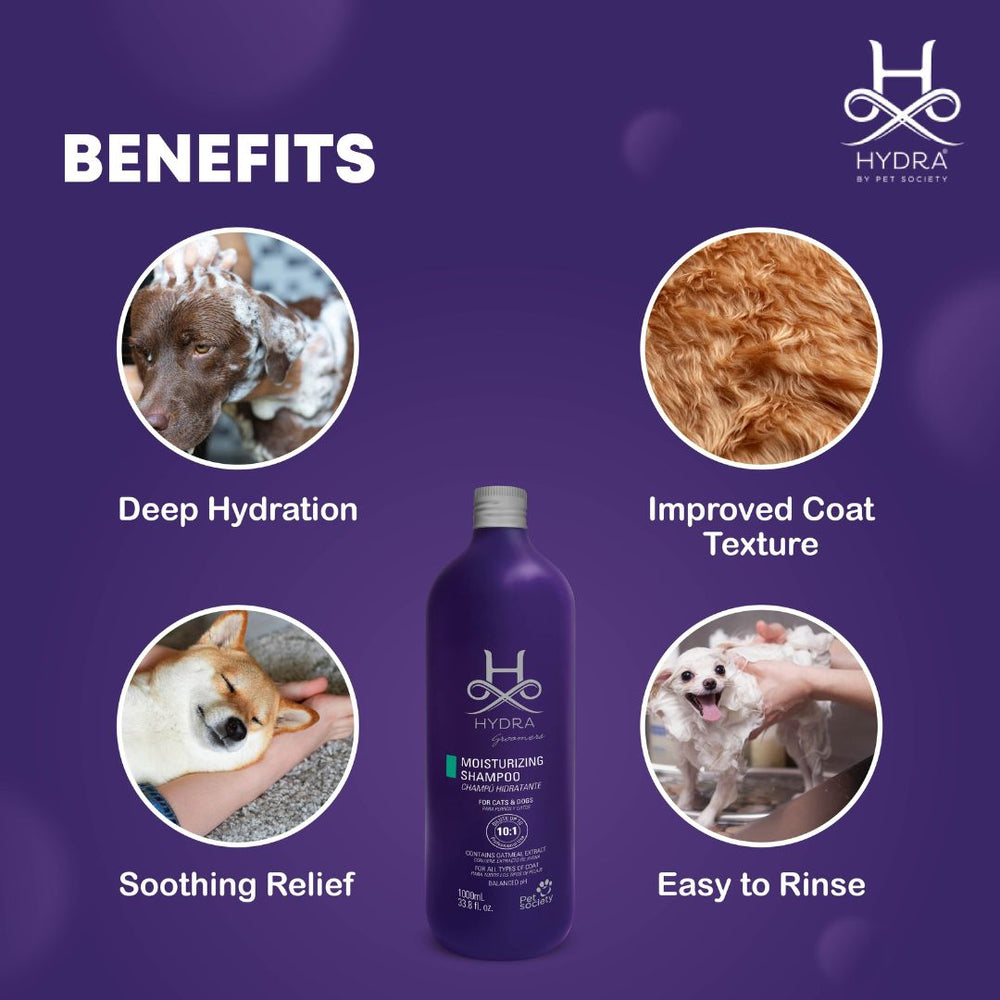
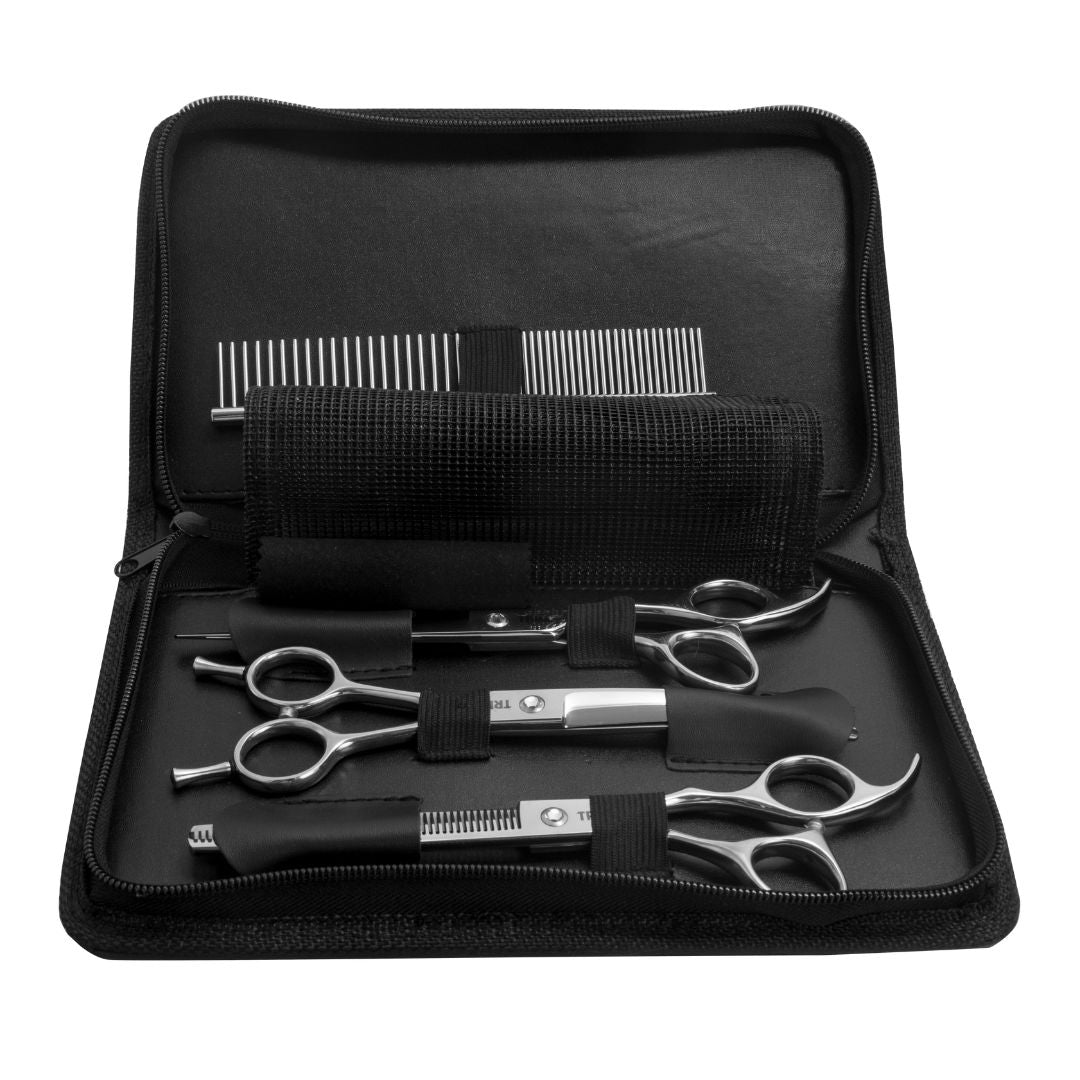

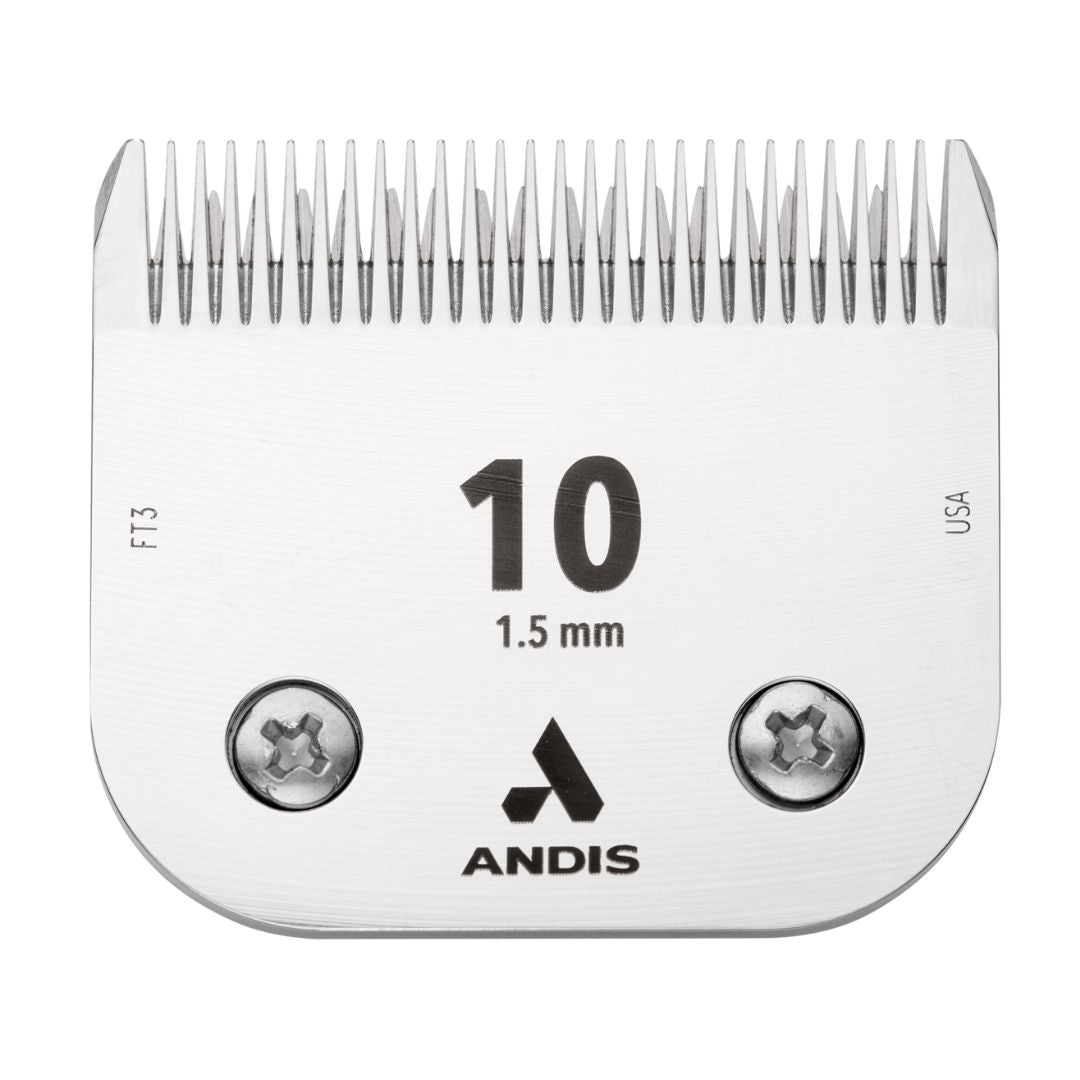

Leave a comment
Please note, comments must be approved before they are published
This site is protected by hCaptcha and the hCaptcha Privacy Policy and Terms of Service apply.